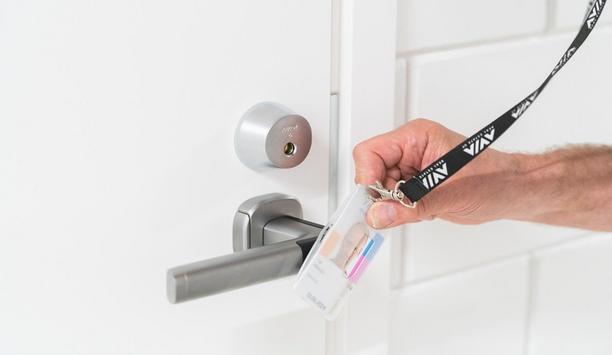Retailers are being hit hard by their failure to protect customer and employee privacy in video footage, according to a nationwide survey of retailers from video security and privacy company, Secure Redact.
The survey asked 500 British retailers a range of questions relating to in-store use of video surveillance technology, the visual data privacy of customers, GDPR violations and more.
Secure Redact’s nationwide survey
43% of brands surveyed reported they had been fined for a violation of video surveillance GDPR legislation. Of these retailers, 37% reported paying an equivalent of 2% of their annual turnover, 30% said the fine amounted to 3% of annual turnover, and 15% said the fine was 45% of annual turnover. A staggering 33% of those fined had to close stores, as a result of enforcement action.
Simon Randall, the Chief Executive Officer (CEO) at Secure Redact, said “These findings paint a vivid picture — the unstoppable rise of video is meeting the immovable object of privacy regulation, with retailers and shoppers left to pay the price. The rapid increase in mass surveillance of UK shoppers represents a breach of personal privacy on a colossal scale, and the regulators appear to be clamping down hard.”
Expand video surveillance technology use
68% of consumers say it is critical that retail store employees understand their preferences and needs
UK retailers surveyed intend to expand video surveillance technology use, such as wireless CCTV, facial recognition technology, queue monitoring or body cameras in-store. 94% of survey respondents already use at least one of these technologies, and all said they intend to use them more in future.
68% of consumers say it is critical that retail store employees understand their preferences and needs, and video analytics has become a core part of that strategy, but improper use, storage and handling comes with significant financial and reputational liabilities for brands across the United Kingdom and beyond.
Implementing stronger privacy measures with in-store video
Simon Randall continues, “Consumers care about privacy. Implementing stronger privacy measures with in-store video will only further retailers’ objectives – not hinder them. People think that privacy and video analytics are incompatible - with smart deployment and the right technology, that’s no longer true.”
This survey was conducted as part of Secure Redact’s ongoing efforts to promote and facilitate visual data privacy and security within businesses and organisations.
Research methodology
The research was conducted by Censuswide, among a sample of 500 respondents in retail businesses, which includes 250 owners of smaller retail businesses in the United Kingdom (1-249 employees, excluding sole traders) and 250 respondents in retail responsible for IT or security in larger businesses in the United Kingdom (250+ employees).
The data was collected between 26.05.2022 – 07.06.2022. Censuswide abides by and employs members of the Market Research Society (MRS) and follows the MRS code of conduct, which is based on the ESOMAR principles.




















